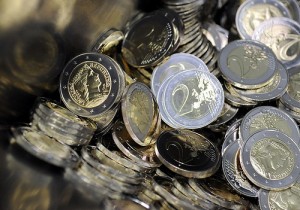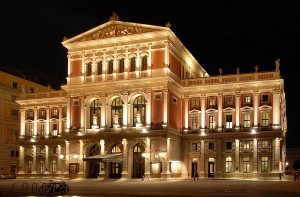
With the start of the new year Latvia have officially adopted the euro as its currency, replacing the lats which were introduced after the republic’s independence in 1991.
We use cookies to help you navigate efficiently and perform certain functions. You will find detailed information about all cookies under each consent category below.
The cookies that are categorized as "Necessary" are stored on your browser as they are essential for enabling the basic functionalities of the site. ...
Necessary cookies are required to enable the basic features of this site, such as providing secure log-in or adjusting your consent preferences. These cookies do not store any personally identifiable data.
Functional cookies help perform certain functionalities like sharing the content of the website on social media platforms, collecting feedback, and other third-party features.
Analytical cookies are used to understand how visitors interact with the website. These cookies help provide information on metrics such as the number of visitors, bounce rate, traffic source, etc.
Performance cookies are used to understand and analyze the key performance indexes of the website which helps in delivering a better user experience for the visitors.
Advertisement cookies are used to provide visitors with customized advertisements based on the pages you visited previously and to analyze the effectiveness of the ad campaigns.

With the start of the new year Latvia have officially adopted the euro as its currency, replacing the lats which were introduced after the republic’s independence in 1991.

The New Year’s Concert in Vienna is a longstanding and very popular tradition on New Year’s Day, which is broadcast on TV not only in Austria and the German-speaking countries of Europe but also in more than 70 other countries around the world. Since 1939 the concert is held in the Großer Saal (Large Hall) in the Wiener Musikverein, situated in the city centre of Vienna.
The classical music performed always include works written by the famous Strauss family.